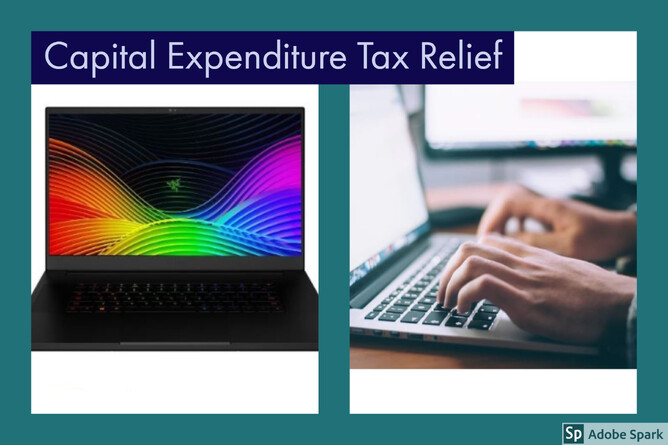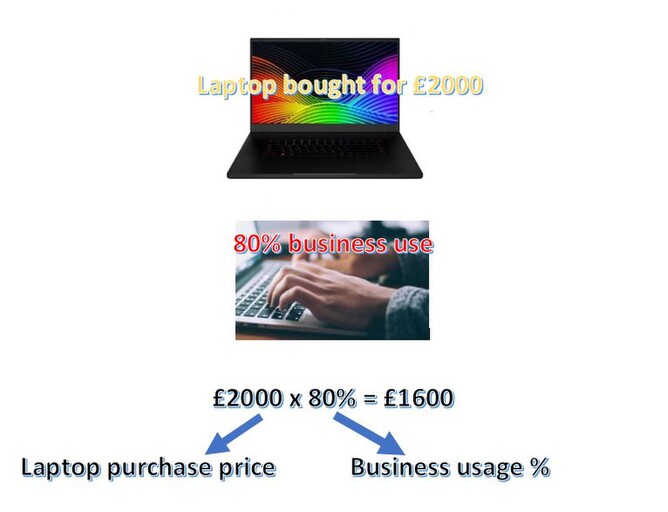Can you claim for tax relief on a personal PC? Home office equipment?
January is a very busy month for us, the tax return deadline is looming, we have last minute tax returns to turn around as well as our usual VAT returns, payroll and all other bookkeeping in between! We’re looking forward the weekend!
With tax on our minds, we would like to share some interesting points that our clients have found really useful about claiming tax relief on using personal equipment for business.
You can claim a tax deduction for the business use proportion of the cost where you can show HMRC that it’s necessary to use the equipment to do your job and that it isn’t paid for by the business. It is good practice to create a company policy stating that if a personal asset is used for the business but not paid for by the business, it’s necessary for you to use it.
Employment related expenses use the “wholly, exclusively and necessarily” rule for tax relief, meaning you can’t claim tax relief for expenses if there’s any hint of non-business use. But, this rule doesn’t apply in the same way to capital expenses such as the cost of equipment which you use in your job.
The “wholly, exclusively and necessarily” condition does not apply for capital expenditure on equipment used for work, tax relief on a capital expense such as a PC or home office equipment need only be necessarily incurred for the purpose of your job. For example:
Dylan is a director of ABC Computers Ltd.
He bought his PC for £2000 including VAT and it was mainly for personal use.
However, he realises he is spending much more time using it for work than for personal use.
Dylan estimates his business use at 80%.
He can’t do his job without the PC, so, in other words it’s necessary that he has it.
He claims a tax deduction for £1600.
But, HMRC has been known to look at the “necessarily” condition in a different way. They have argued that the “necessarily” condition is only met for capital expenditure if the director or employee who incurred it was explicitly instructed to do so by their employer. They expect there to be something in the company staff policy or employment contract showing this. However, the “necessarily” condition relates to the nature of the job and not instructions by an employer to make a purchase. The necessity for something is usually implied by the type of work. For example:
Lyvia’s job is to monitor an IT network.
She is on call 24 hours a day.
Lyvia’s need for a PC is obviously necessary.
She also needs something to sit on while working.
Therefore, Lyvia can claim a proportionate part of the cost of any equipment she can’t do her job without.
Another reason for refusal of tax relief is that if there’s a requirement (a necessity) to work away from your business premises, you would need to use personally owned equipment to do your job. To avoid this, your company policy needs to state that if an employee’s job results in them working from home, and the company doesn’t provide equipment, the employee must pay for their own if it’s needed to do the work.
If you think you can claim tax relief, check: https://www.gov.uk/tax-relief-for-employees


